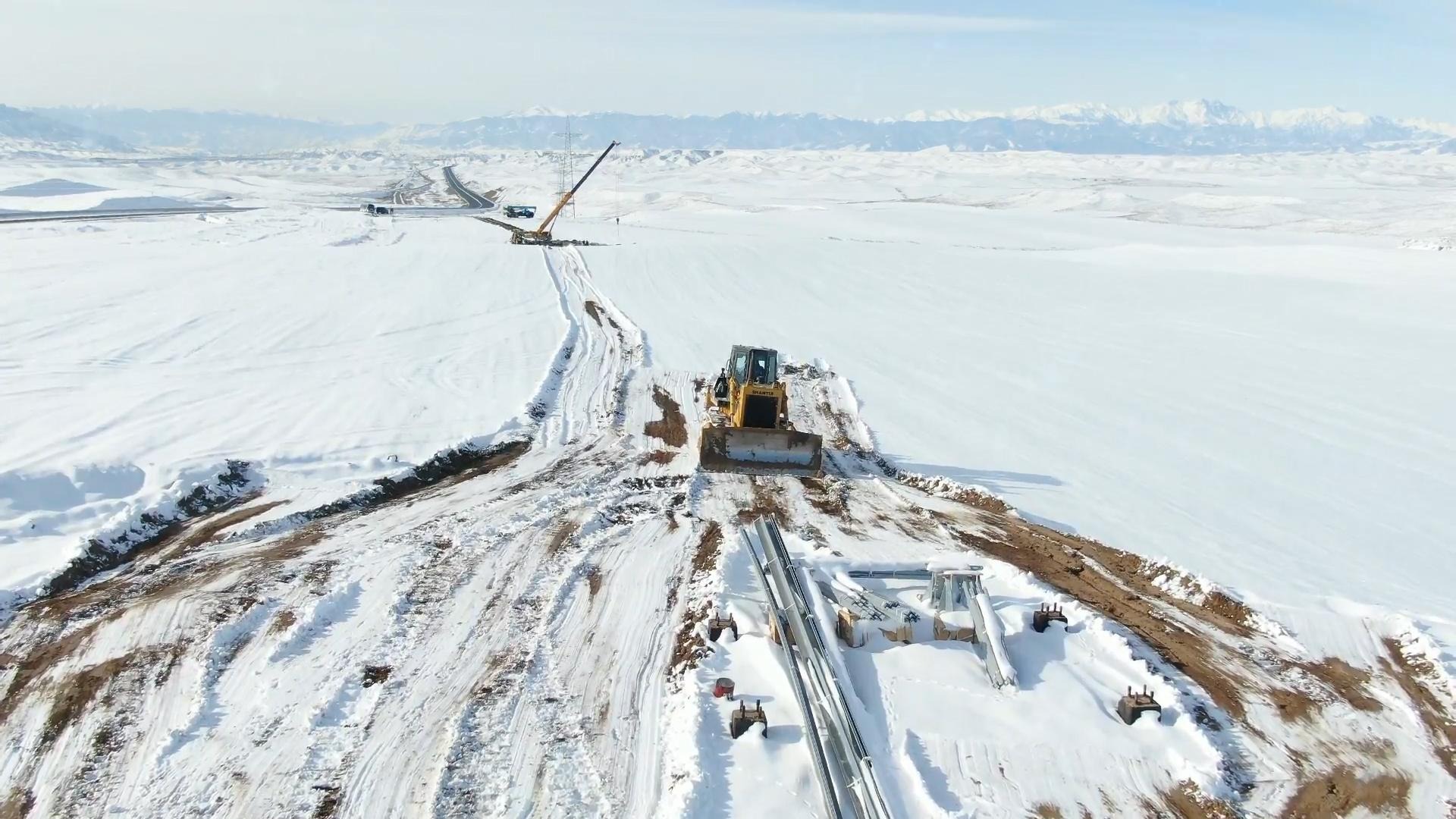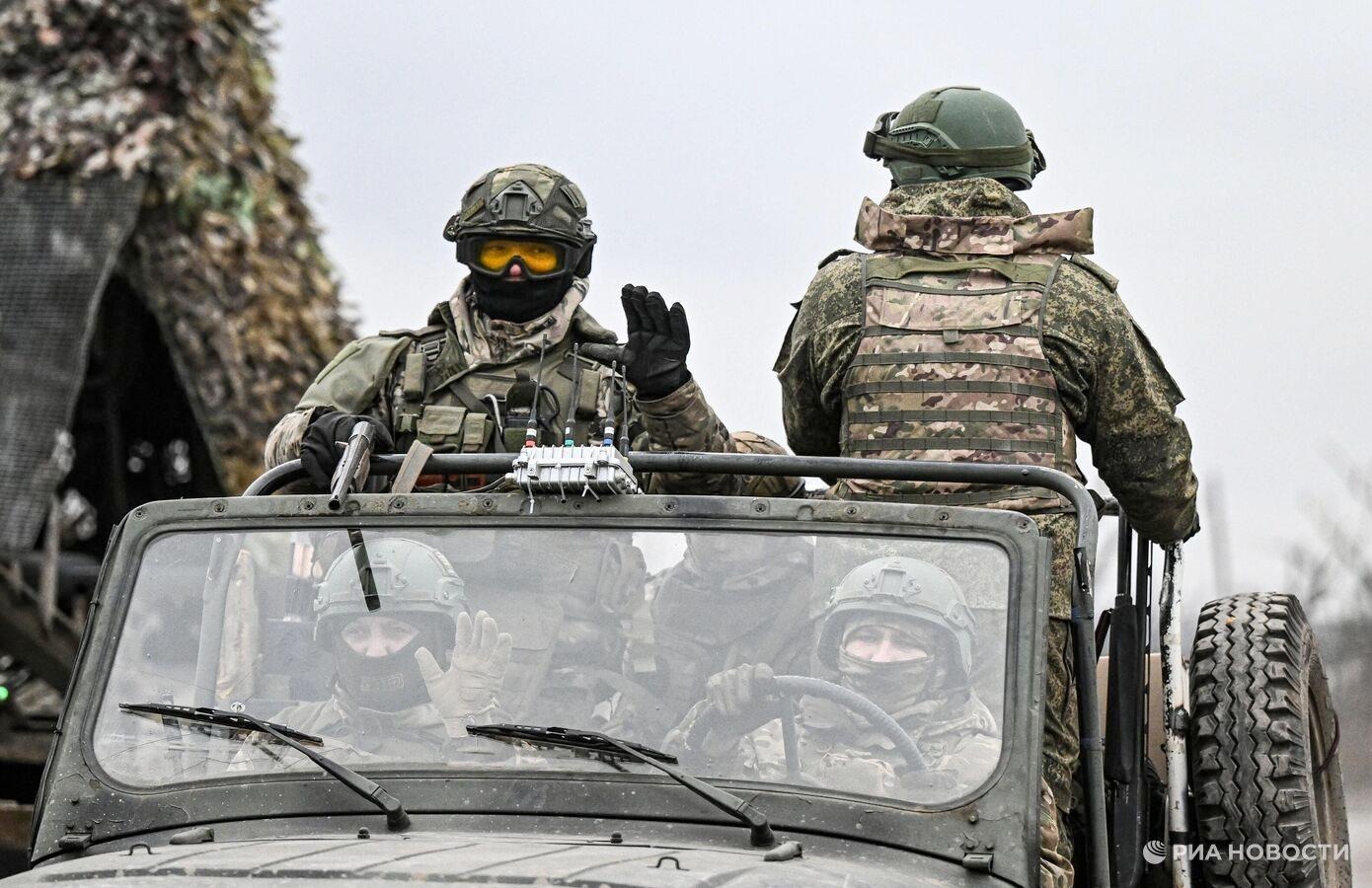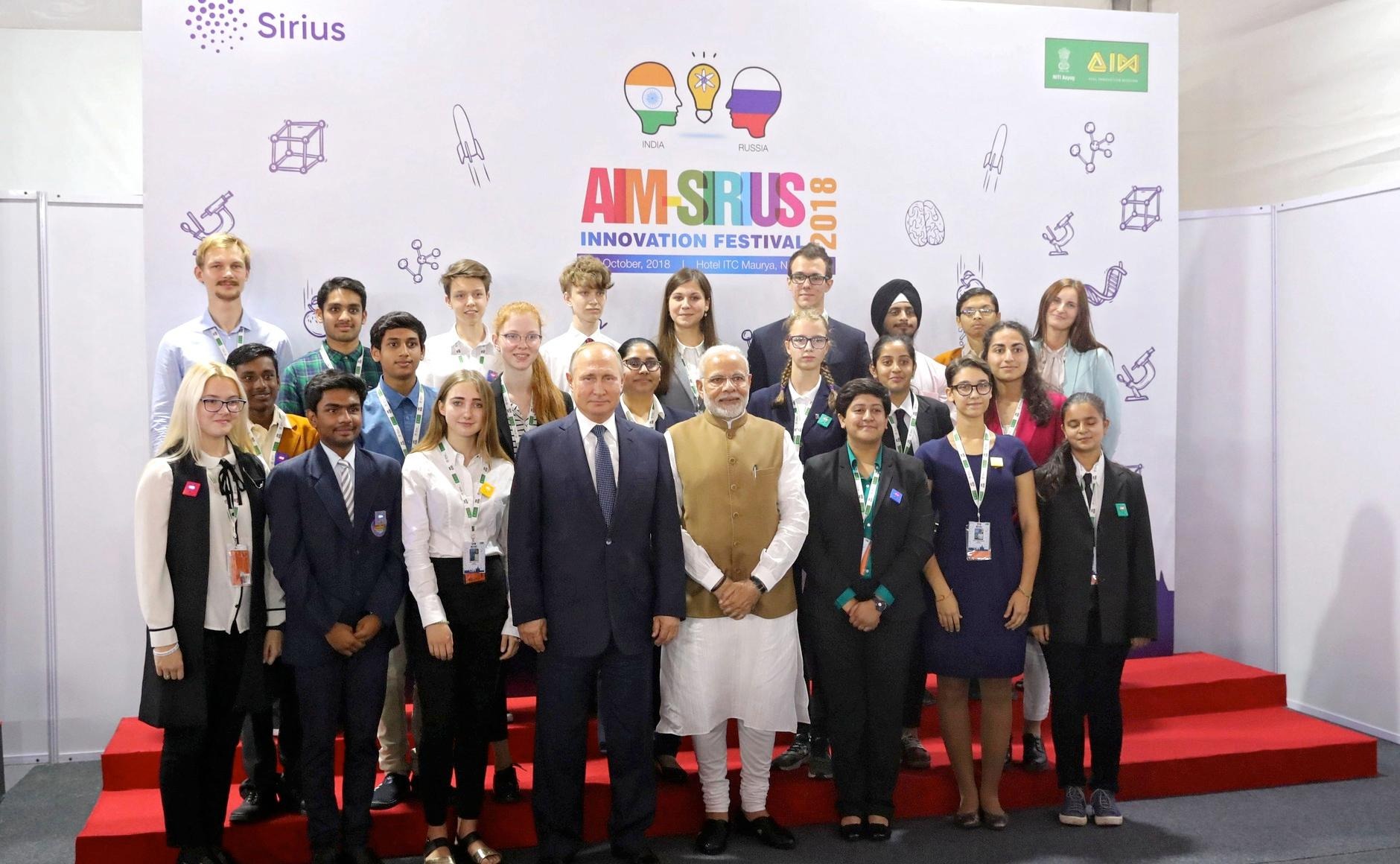PUTIN’S RUSSIA AS AN UNCERTAIN PROPOSITION
PUTIN’S RUSSIA AS AN UNCERTAIN PROPOSITION
The presentation of the first annual Failed States Index – a joint project of the Carnegie Endowment for International Peace and the Fund for Peace – provided considerable fodder for the Russian media. The authors used 12 different indicators, from demographics and regional contrasts to corruption and military capabilities, and Russia fared generally better than in many other international rankings, finishing 59th place out of 60 countries. First place, as the most unstable state, went to the Ivory Coast (Vedomosti, Nezavisimaya gazeta, November 9; the Index is available at www.foreignpolicy.com/story/cms.php?story_id=3098). This reasonably low probability of collapse should be encouraging, but the very fact that Russia was included in this list invited comments, many of which reflected upon the series of alarmist statements from the Kremlin, particularly from the head of the presidential administration, Dmitry Medvedev, earlier this year (Kommersant, November 9; see EDM April 7, 8). Some experts remembered Russian President Vladimir Putin’s awkward words in his post-Beslan address, when he mentioned some non-attributed desires to tear “juicy morsels” from Russia, which, as a major nuclear power, was perceived as a threat (Grani.ru, November 9). Yet speaking with Dutch journalists earlier this month, Putin asserted that he had never awakened with a thought about Russia’s collapse (Kommersant, November 1).
It is easy to see a contradiction between the temptation within Putin’s team to portray themselves as the only safeguard against various brands of extremism, from the Islamists attacking Nalchik to the neo-Nazis marching in Moscow, and their main theme – presenting the country as stable and strong. The media is mobilized to spread the “never-better-and-improving” message, but public trust in official propaganda is slipping to Soviet-era levels (Ekho Moskvy, November 8). Occasional pseudo-alarmist signals from the Kremlin are also taken with a healthy grain of salt, but there is a genuine and growing uncertainty about the sustainability of the present-day “normalcy.” There is more to it than just worries about a possible drop in oil prices, and the main factor is probably the widespread belief that the executive branch and law-enforcement structures are thoroughly corrupt (Vedomosti, November 3). Western assessments of Russian corruption are often dismissed as superficial, much the same way as the Failed States Index is by many commentators, but first-hand experience tells many Russians that the authorities have lost both a sense of responsibility and shame (Expert, October 24).
The pronounced short-term outlook of state policy leads many experts, who are generally disinclined to speculate along the “Russia-is-falling-apart” lines, to re-evaluate the risk assessments produced by international investment agencies. With Russia’s trade surplus reaching $100 billion for the first three quarters of 2005, Moody’s and other investment rating groups are reasonably confident in its ability to repay large-scale credits (Lenta.ru, November 11, October 26). Russian experts are more concerned that recent presidential initiatives would merely postpone the ripening of major social problems that would develop mutually reinforcing dynamics and even a minor mishap could then trigger a chain of crises (Vedomosti, November 2).
Many assessments indicate that the authorities seek to buy for themselves just a few years of relative calm during which petro-rubles would reduce the necessity of advancing serious reforms (Vedomosti, October 27). This scenario gradually changes the substance of the so-called “problem 2008”: The issue is not any longer about whether Putin would step down, as he promises again and again, or invent a way to remain in power. The real issue is about the fast-approaching systemic crisis of his regime and the obvious inability to address it (Prognosis.ru, November 7). This theme was developed by the well-known political commentator Sergei Dorenko in a fantastic novel entitled simply 2008. His thriller-scenario, populated by recognizable characters with real names as well as fictitious terrorists (for whom there are too many prototypes), appeared so close to real life that a committee of the State Duma held special hearings on evaluating this novel as a possible incitement to overthrowing the constitutional order (Nezavisimaya gazeta, November 11).
A more serious political analysis was presented in a new article by the most famous convicted criminal in Russia – former Yukos CEO Mikhail Khodorkovsky (Kommersant, November 11). Serving an eight-year sentence in a labor camp in Chita oblast, the former self-made billionaire found time to elaborate on several controversial points from the article, “The Left Turn,” written in a Moscow jail during his protracted trial. The first part of “The Left Turn Part 2” contains a long list of accumulated problems and hints that any appointed successor for Putin should think twice about taking the job. He then proposes targeted programs and specific measures for addressing these problems, some of which could even be taken on board by the present government, as was the case after the first article. The basic proposition that now is a good opportunity for Putin and his entourage to escape from the sinking ship appears, nevertheless, too extreme. Whatever Putin’s personal preferences may be, he has built a corporate state – and for the top executives in this corporation there could be no pre-paid retirement plans and no “golden parachutes.” Their only guarantee against well-deserved prosecution is a continuing hold on power, so whatever proportions “nightmare 2008” might acquire – they have to stay the course. Khodorkovsky may be a man with a plan, but he is arguing against desperate courtiers who feel trapped inside the Kremlin walls. The situation increasingly resembles a chronicle of an impending disaster, but Russia has defied many competent doomsayers – and would most probably create new opportunities despite wasting so many under the leadership that was not actually leading.


